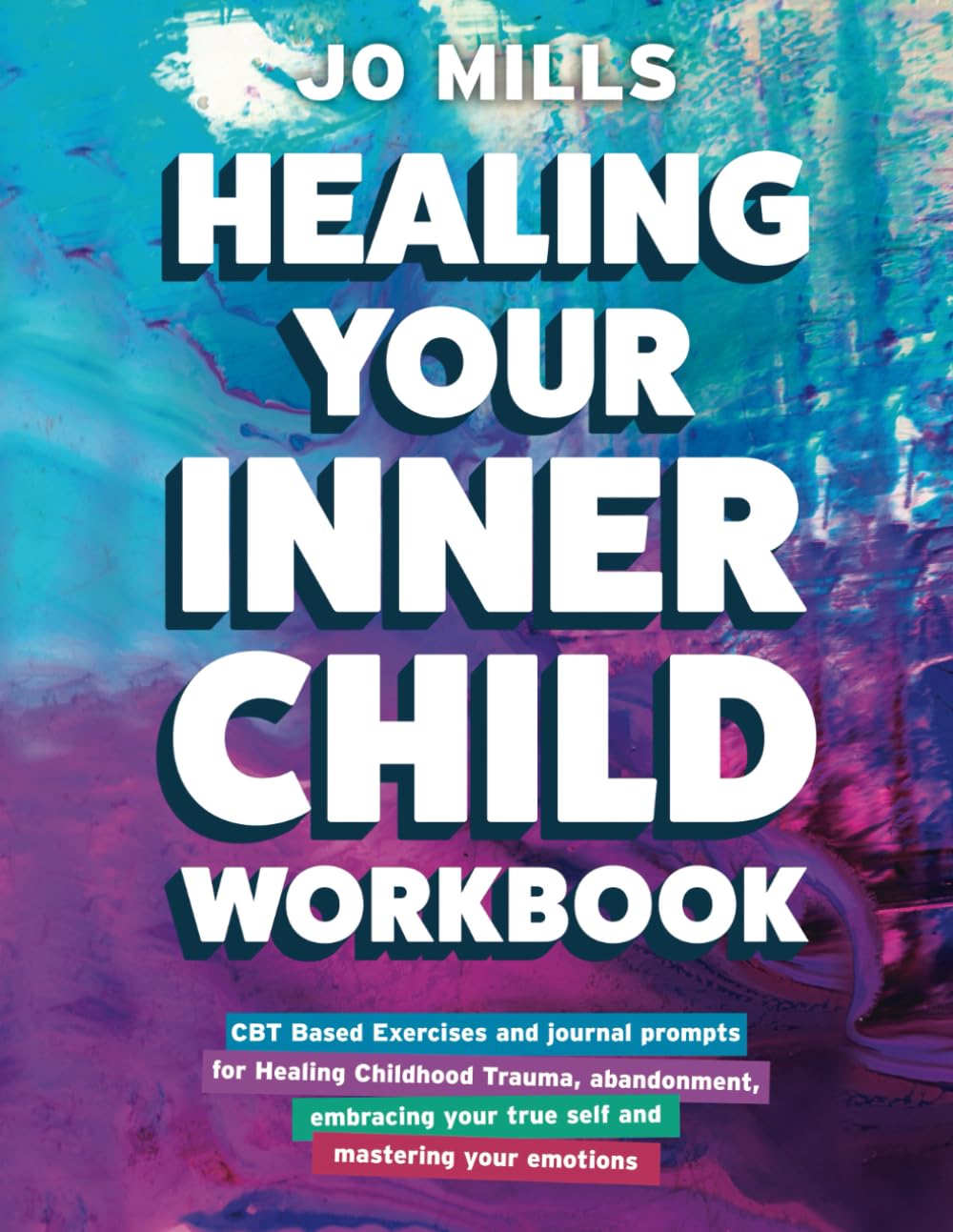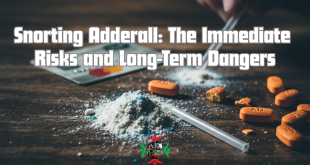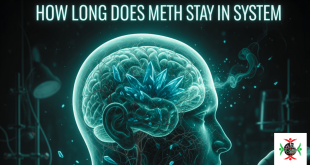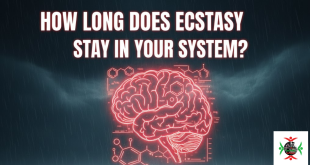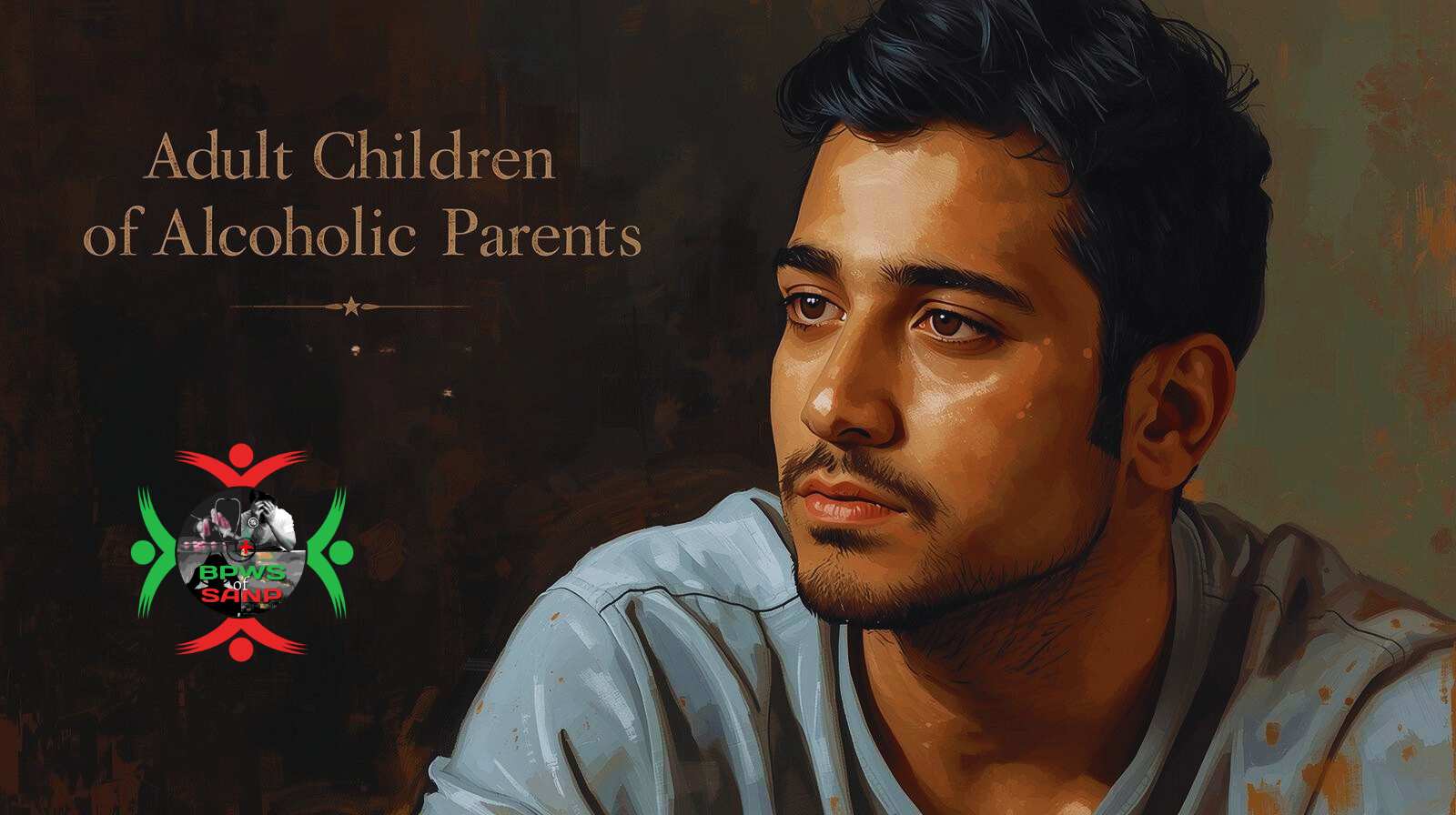
Growing Up with Alcoholic Parents: A Guide to Healing
Having a parent who is battling alcoholism has a lifelong impact. Instead, the home becomes a place where stress and chaos constantly unfold. This reality profoundly influences development of the child, creating a specific constellation of problems to be carried into adulthood. If you’re one of millions who have grown up as the adult child of alcoholic parents, you’ll notice a striking similarity in this cycle that impacts your relationships, self-esteem and sense of well-being.
This paper comprises a review of the shared experiences of ACOAs. We’ll address the common characteristics that arise from this history, how those character traits tend to affect relationships and most importantly, what you can do to recover. Knowing the cause is the first step to ending these struggles and creating a healthier, more satisfying life. There is hope, and there is a way to healing and transformation.
he Five Minute Journal – Original Daily Gratitude Journal 2025
By Intelligent Change
Transform your mindset and start each day with positivity using the #1 gratitude journal loved by millions worldwide. The Five Minute Journal helps you cultivate happiness, mindfulness, and self-reflection all in just 5 minutes a day!
Product Highlights:
-
Feel Happier & Less Stressed: Break free from negative thinking and focus on what truly matters.
-
Build a Positive Mindset: Science-backed prompts guide you toward gratitude, focus, and calm.
-
Perfect for Beginners: Easy, guided journaling removes the pressure just fill one page a day.
-
Premium Quality: Elegant Original Linen cover, 264 pages of sustainably sourced paper, minimalist design, and lasting durability.
-
Thoughtful Gift: A meaningful gift for women or men, perfect for birthdays, holidays, or self-care moments.
->Details:
-
Brand: Intelligent Change
-
Color: Original Linen
-
Size: 8.7 x 5.1 inches
-
Pages: 264 (Undated – start anytime!)
-
Cover: Linen fabric
-
Theme: Gratitude, Mindfulness, Reflection
Create happiness, one page at a time — because your mindset shapes your life.
👉 Get yours here: Get Now
Traits of Adult Childrens Of Alcoholics.
Though each family is unique and has their own particularities, research and clinical knowledge have consistently found several commonalities among adult children who were raised with alcoholic parents. These are all survival skills we learnt as kids to survive in an environment that was tough.
Guessing at What Normal Is
Children of alcoholics frequently do not have dependable people to model appropriate behavior. Denial, secrets and erratic parental behavior can distort the family’s sense of reality. As such, those alcoholic family adults frequently end up in new unfamiliar territory, a stable work environment or loving relationship for example, and feeling like an outsider who needs to guess what “normal” looks like. They may be watching everyone all the time to learn how to behave, what they feel and do.
Difficulty with Intimacy and Trust
When a child observes that a parent fails to act reliably, does not keep their promise and is emotionally available in irregular measures, he or she learns not to trust others. This can eventually become, in an adult, a profound fear of being close. ACOAs will often have trust issues, such as fear of abandonment or betrayal. They may keep others at a distance, shy away from emotional vulnerability or self-sabotage relationships in an unconscious attempt to shield themselves from future hurt.
An Overdeveloped Sense of Responsibility
In a lot of alcoholic families, the child becomes a parent in the household, sibling care begins or even caring for an alcoholic parent. This is often described as “parentification.” This position-reversing sense of duty is responsible for this overdeveloped sense of responsibility. As adults, they may feel guilt for the feelings and problems of other people, struggle to say no, and also tend to put others’ needs ahead of their own.
People-Pleasing and Fear of Authority
To survive in an unstable home, children frequently become hyper-vigilant to read moods and anticipate needs in order to minimize conflict. This can grow into an intense people-pleasing tendency as adults. They may be afraid of conflict, have a hard time saying no and always need approval from others, especially authority figures. So can a boss, a professor or anyone in authority, says Dagmar Vitek of Because You Believe In Yourself, and cue the same fear as you felt toward your unpredictable parent.
Black-and-White Thinking
Living in a home with an alcoholic can feel like living life at two extremes—everything is either total chaos or ridiculously calm. This can result in all-or-nothing thinking. Adult children have a hard time accepting that situations, people and themselves are not all good or bad; there is no room for nuance or gray areas. This hard wired mindset can make it tough to navigate the nuances of life and to experience self-compassion.
The Impact on Adult Relationships
The characteristics formed in childhood simply carry over to adult relationships, affecting how friends see us and treat us.
Romantic Relationships
Adult children of alcoholics may unknowingly duplicate their original environment within romantic relationships. They may find themselves attracted to emotionally distant, needy or even turbulent partners, as these dynamics feel familiar. The fear of abandonment may cause them to cling, and the fear of intimacy can lead to then pulling away in a push-pull engagement. They’re also often poor communicators of what they need or how they feel.
Friendships
ACOAs can be, of course, incredibly loyal and supportive friends, however they also find it difficult to develop a deep and genuine sense of connection. They might keep friendships on a superficial level so as to avoid vulnerability, or become too enmeshed, taking on their friends’ problems as their own. Their constant need for approval can make them feel like they have to “earn” their friendships, which eventually leaves them exhausted and resentful.
The Healing Your Inner Child Workbook: CBT-Based Exercises and Journal Prompts for Healing Childhood Trauma & Embracing Your True Self
Paperback – July 11, 2024
Uncover the key to emotional freedom and lasting happiness by healing your inner child wounds. This powerful workbook blends Cognitive Behavioral Therapy (CBT) with compassionate self-reflection to help you break free from emotional pain, self-doubt, and anxiety rooted in your past.
Inside You’ll Discover:
-
How your inner child shapes your beliefs, emotions, and relationships today.
-
The 4 types of inner child wounds and how they manifest in your life.
-
15 common cognitive distortions that fuel negative thinking and how to overcome them.
-
A 3-step CBT process to identify and restructure unhelpful thought patterns.
-
5 behavioral activation exercises to shift from negativity to empowerment.
-
40 guided journal prompts and 25+ self-care practices for emotional healing.
-
4 powerful CBT tools to manage emotional triggers and nurture healthy connections.
-
10+ ways to reconnect with your inner child’s needs and rediscover joy.
This isn’t just a workbook it’s your personal guide to transformation.
You’ll learn to:
💬 Manage difficult emotions
💞 Set healthy boundaries
🌟 Cultivate joy, purpose, and emotional freedom
🪶 Whether you’re on a path of self-discovery or recovering from emotional pain, this workbook will help you reconnect with your authentic self and find peace within.
👉 Start your healing journey today: Check Now
Family Dynamics
Relationships with the alcoholic parent and their family members are very complex relationships. There are feelings of loyalty, anger and guilt to deal with.” Establishing boundaries with a parent who abuses alcohol is difficult enough, but if there are other family members that enable it, this will only add to the challenge. The pattern of denial and repression can often persist into adulthood, making it hard to connect with the root issues.
Strategies for Healing and Growth
The path to recovery for an adult child of an alcoholic parent is a process of dismantling what you practiced in the past to survive and finding new, more healthy ways of working or not living. It takes patience, self-compassion and a dedication to growth.
Seek Professional Therapy
The right therapy, with a professional who gets addiction and family dynamics, can be life-changing. A therapist can offer you a safe place to explore your painful memories, help you further understand how your experiences as a child shaped you, and teach you new coping strategies. For challenging black-and-white thinking and establishing less toxic thought patterns, CBT is especially effective.
Join a Support Group
Support groups like Adult Children of Alcoholics (ACA/ACOA) and Al-Anon give you a group of people who know what it’s like to be in your shoes — because they’ve worn them. William / Get carried away “Spending time with people who ‘get it’ and that you can share your story with is so validating; it transcends the feeling of isolation.” — William wants to be featured on BuzzFeed? These communities offer a structure for recovery and some of the tools to work toward healthier relationships.
Practice Self-Care and Mindfulness
As a child, your needs probably took a back seat. Healing means you have to re-teach yourself how to care for your mind and body. That includes taking care of ourselves in the simplest way — getting enough rest to sleep, for instance, eat well and exercise. Mindfulness and meditation may also be helpful. They are able to help you become more present as you witness the thoughts and feelings without judgement, while reducing some of the hyper-vigilance that has been your norm for so long.

MINDSET Coloring Journal: A Mindfulness Adult Coloring Book with Affirmations, Prompts & Gratitude Practice
By Kate and Luma | Part of The Mindful Awakening Series
Paperback – July 10, 2025
Step into calm, creativity, and self-discovery with the MINDSET Coloring Journal a beautifully designed mindfulness book that combines art, affirmations, and guided reflection to help thoughtful women reconnect with themselves.
What You’ll Find Inside:
-
31 Illustrated Pages inspired by the serene beauty of Maui, Hawaii
-
31 Positive Affirmations to strengthen your mindset
-
31 Reflection Prompts for deeper self-connection
-
Guided Entries to build lasting habits of positive self-talk
-
Black-Back Pages perfect for markers and a polished finish
Whether you’re journaling, coloring, or pausing for reflection, each page offers a peaceful, creative retreat to nurture your mind, heart, and spirit.
More than just a coloring book it’s a mindful journey inward.
Perfect For:
-
Women seeking calm and creativity
-
Mindfulness and gratitude lovers
-
Gifts for birthdays, self-care, or wellness journeys
👉 Explore it here: Check Now
Learn to Set Boundaries
Boundaries are a big deal for ACOAs. It involves getting comfortable with saying “no” without shame, guarding your emotional resources and knowing what you will and won’t tolerate in your relationships. That is so pivotal for you in dealing with your alcoholic parent. Remember, a boundary isn’t about controlling what the other person is doing; it’s about protecting your own peace.
Helpful Resources
Adult Children of Alcoholics World Service Organization (ACA/ACOA): A twelve-step program for people who were raised in alcoholic or otherwise dysfunctional families. The website has meeting finders, literature, and information.
Al-Anon Family Groups: Although generally for the friends and families of currently drinking alcoholics, many ACOAs benefit from their meetings in realizing the family disease of alcoholism.
- Adult Children of Alcoholics by Janet G. Woititz
- The Body Keeps the Score, by Bessel van der Kolk
- Codependent No More by Melody Beattie
A Future Defined by You
Being raised by alcoholic parents can leave lasting emotional scars, but it doesn’t have to dictate the course of your life. I’m glad you’re seeking to free yourself from those early adaptations that got mine so confused and worked up. The qualities because of them developed in you can be unlearned and replaced with healthier habits. Recovery is a process, not an event, and every step you make towards learning about yourself and your past, represents a step toward the future. Through support, self-compassion and deepening boundary skills, you can break the cycle and create a life of real connection, self-esteem and lasting peace.
 Prevention from Suicide, Addiction, Narcotics and Pollution. Withdrawal and Recovery Facts of Narcotics | Symptoms of Suicidal thoughts & Ideations | Effects of Environment Pollution | Understand Addiction withdrawal
Prevention from Suicide, Addiction, Narcotics and Pollution. Withdrawal and Recovery Facts of Narcotics | Symptoms of Suicidal thoughts & Ideations | Effects of Environment Pollution | Understand Addiction withdrawal

